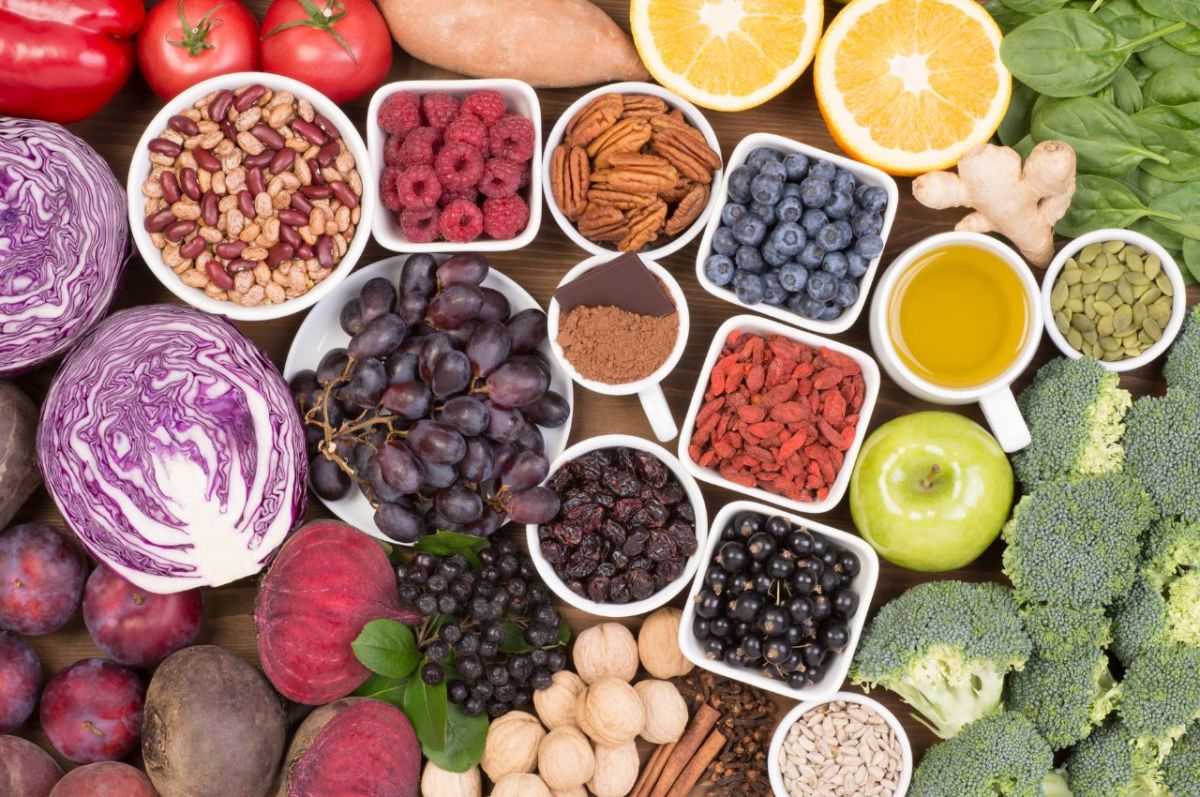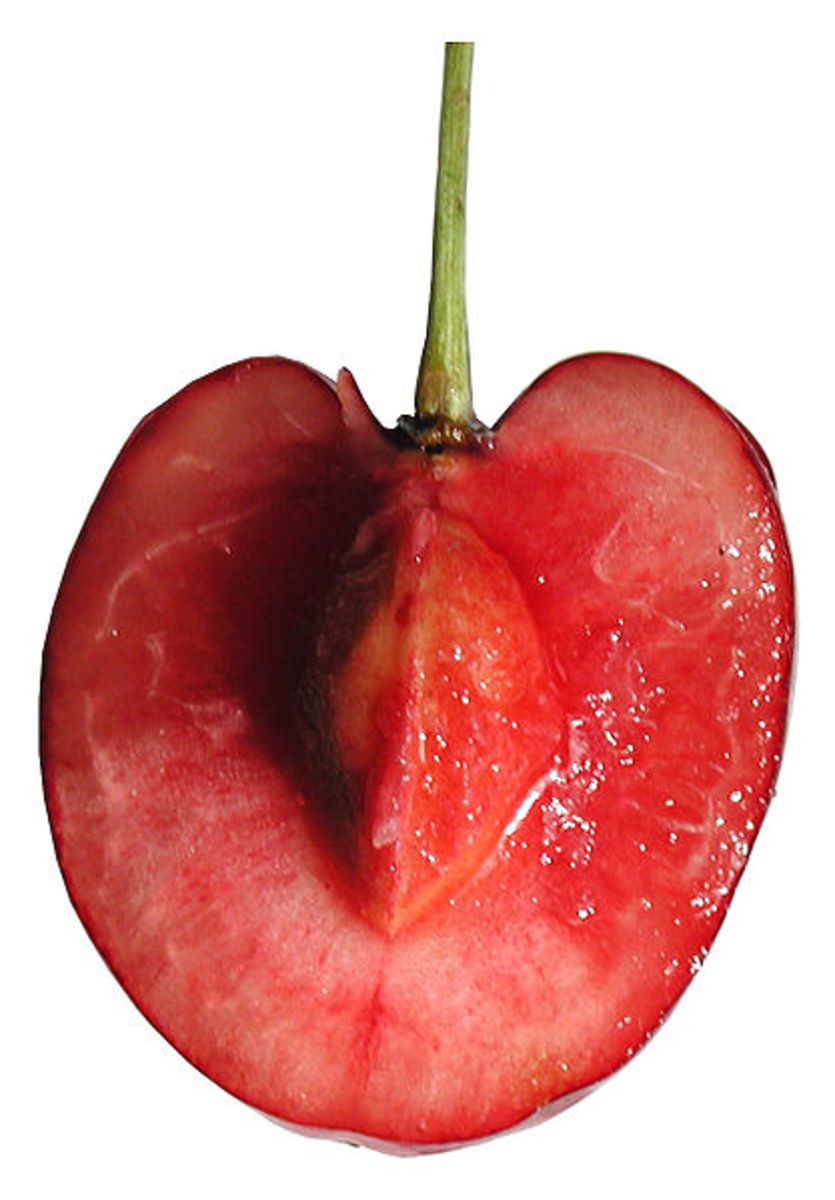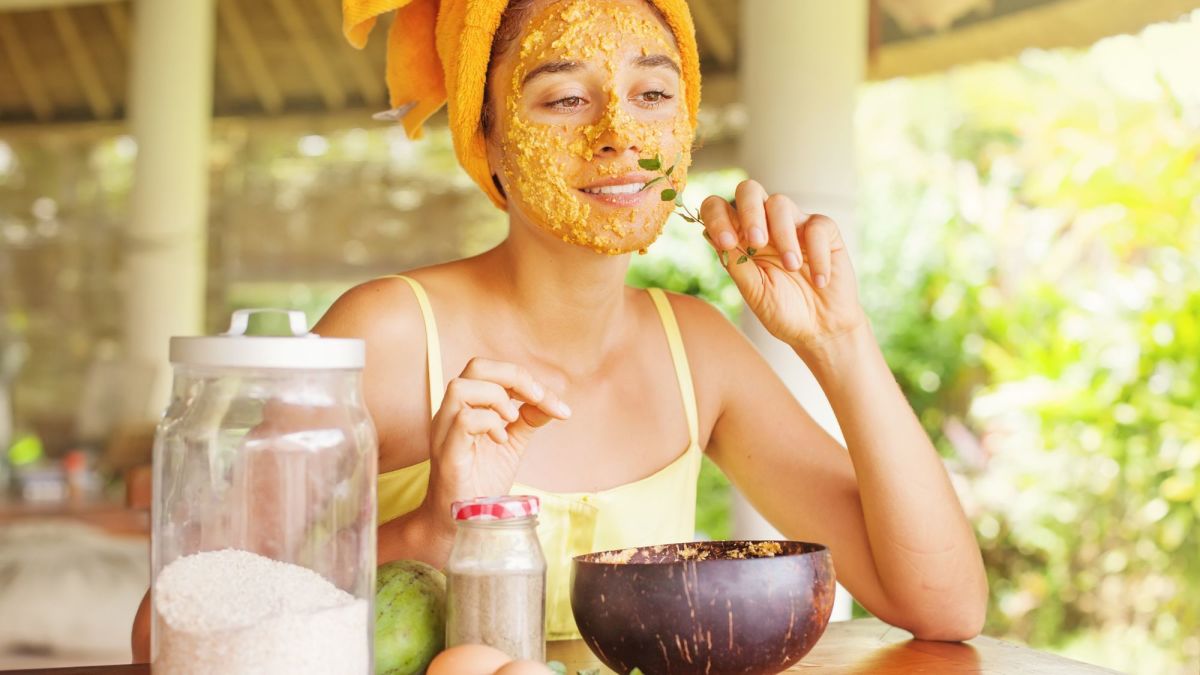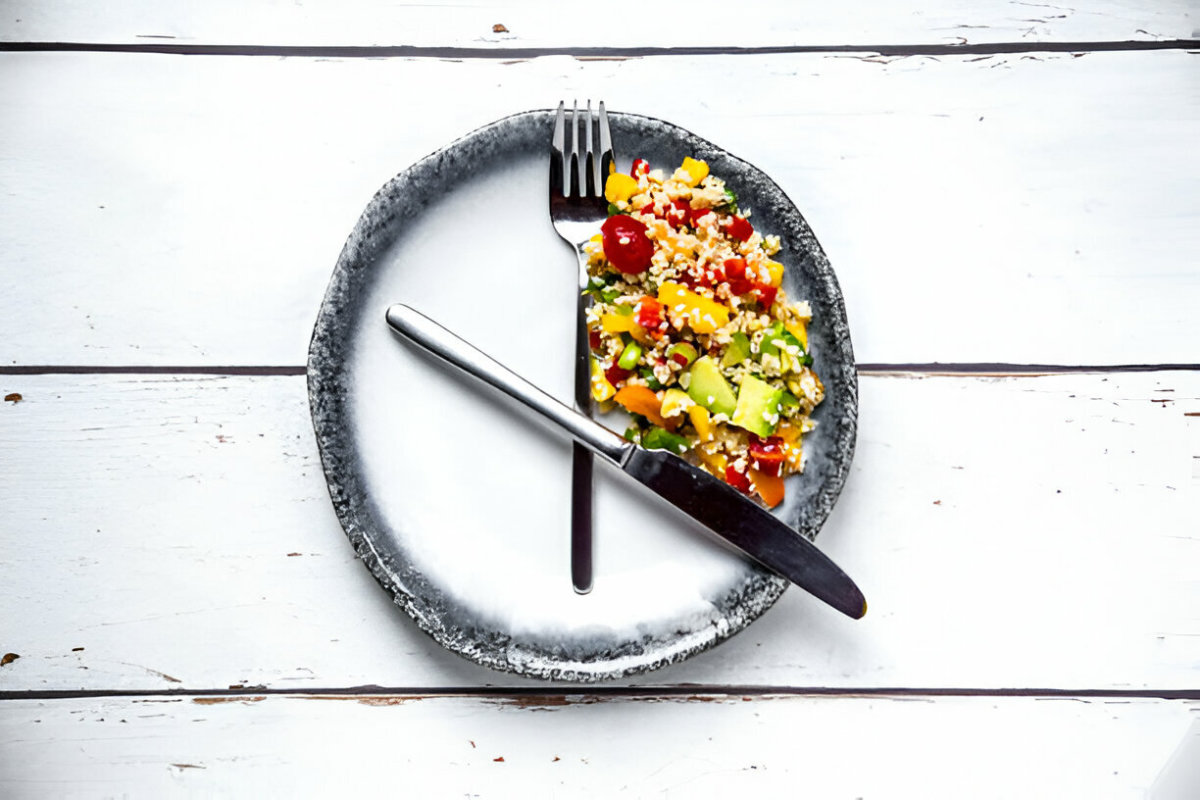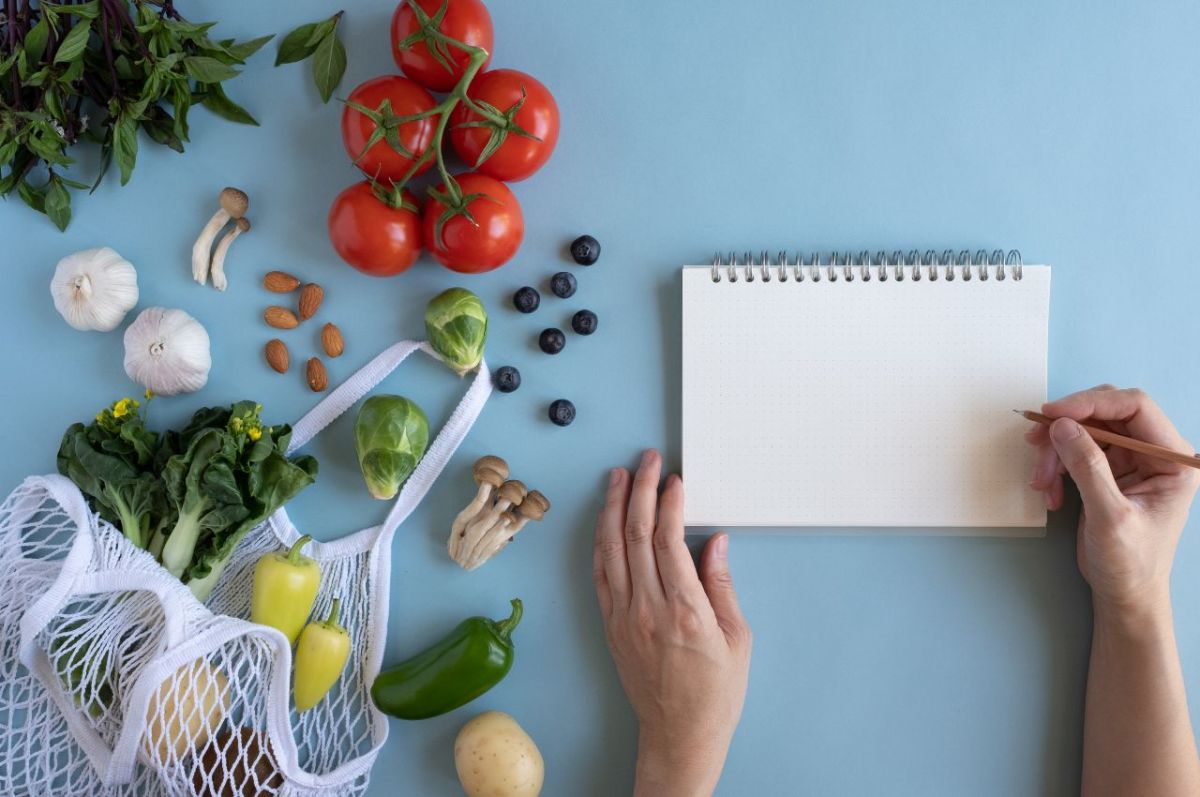How To Have Healthy Glowing Complexion
How to have healthy glowing complexion
The skin is our body's largest organ, and one that people pay attention to, whether it's pampering faces with creams and lotions or moisturising hands and feet for a more youthful-looking appearance. Besides beauty products which promises to whiten, tighten or smoothen the skin that are readily available over-the-counter, mother nature can also help play a part in maintaining your skin's youth and health.
The nutrients that you feed your skin, through your diet and supplements and from the outside through skin creams, is the most important factor for ensuring healthy, young and glowing skin.
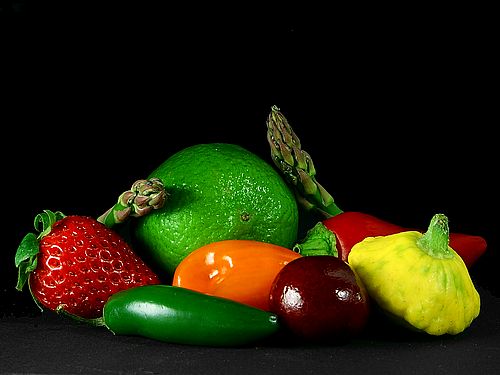
Antioxidants
For a start, you have to exclude junk food in favour of fresh and unprocessed food. A good intake of antioxidants is vital for the health of your skin, and eating plenty of food that are antioxidant-rich daily is a key dietary factor. Over time, the flexibilty of collagen and elastin fibres that are present in the skin reduces, due to the damage caused by free radicals, thereby accelerating premature ageing. Hence, we need antioxidants like vitamins A, C and E that can help eliminate free radicals in our bodies.
Free radicals (oxidants) are present in the environment and the food we eat. They are commonly found in pollution from car exhaust and cigarette smoke, in fried and burnt food. Physical and mental stress can also play a part in creating free radicals.
Although skin ageing is partly influenced by our genes which is beyond our control, we can prevent premature ageing from a variety of external factors such as smoking, ultra-violet light damage, low-humidity environments and prolonged muscle use (such as smiling or frowning). As this form of ageing occurs mainly on the exposed areas of the body (face, neck and forearms), it can be reduced with less exposure to these elements.
To ensure that your skin stays healthy, it is best to include colourful fruits and vegetables in your diet, in addition to other skin-friendly foods such as pumpkin, sesame, sunflower or linseed seeds, as well as fibre-rich wholegrains, root vegetables, lentils and beans.
Drinking at least six glasses of water a day is also good for maintaining healthy skin, as is taking low-fat, organic yoghurt and fruit juices. Instead of having cakes during tea time, try munching on carrot and celery sticks with low-fat dips.
Well-Balanced Diet
But the best way to ensuring adequate nutrient intake for the skin is a well-balanced diet. Every cell in our body needs adequate nutrients in order to function properly, and any deficiency of essential nutrients will affect your general health, which includes your skin.
So choosing the right natural foods in your diet will not only bring that radiance into your skin, but will also help improve your general well-being
Additional tips
- Avoid sugary foods such as soft drinks, jams, biscuits, cakes and sweets.
- Exclude processed, fried, canned, preserved and fatty foods from your diet as they often contain trans fats and additives.
- Limit red meat intake to no more than three times per week.
- Quit smoking and reduce alcohol intake.

